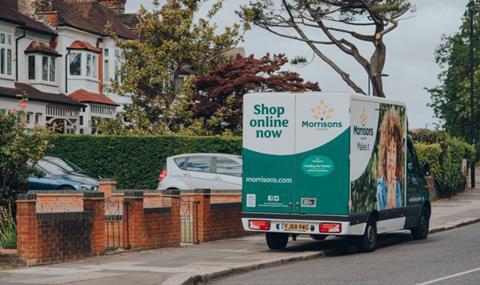
Government plans to ban parking on pavements across England must not be at the expense of freight deliveries, according to Logistics UK.
A consultation into proposals that could give councils greater powers to ban parking on pavements and fine drivers was launched this week after a review found the practice disproportionately affected the visually impaired and wheelchair and mobility scooter users.
Three options have been put forward: making it easier for councils to prohibit parking; giving councils the power to fine drivers who park on paths and a London-style nationwide ban.
Transport Secretary Grant Shapps said: “A key part of our green, post-Covid recovery will be encouraging more people to choose active travel, such as walking, so it is vital that we make the nation’s pavements accessible for everyone.”
Recent research from the charity Guide Dogs shows that 32% of people with vision impairments and 48% of wheelchair users were less willing to go out on their own because of pavement parking, decreasing independence and contributing towards isolation.
The Department for Transport said that as many streets were built long before the high levels of vehicles currently on roads, any measures will need to ensure the free flow of traffic and access for the emergency services.
Natalie Chapman, Logistics UK’s head of urban policy, said its members agreed that pavements were for pedestrians’ use first and foremost, but she added that its response to the consultation will make the case for appropriate exemptions: “We must also ensure the government considers the needs of logistics in its decision making to ensure that goods can keep moving efficiently and effectively through our towns and cities,” she said.
“For example, the government must ensure a pavement parking ban does not further narrow residential streets where cars currently park partially on the pavement, as it could prevent access for refuse collection vehicles, home deliveries and emergency services.
“In addition, there will be occasions where commercial vehicles need temporary pavement access for loading or unloading goods to prevent blocking the road to passing traffic.”














